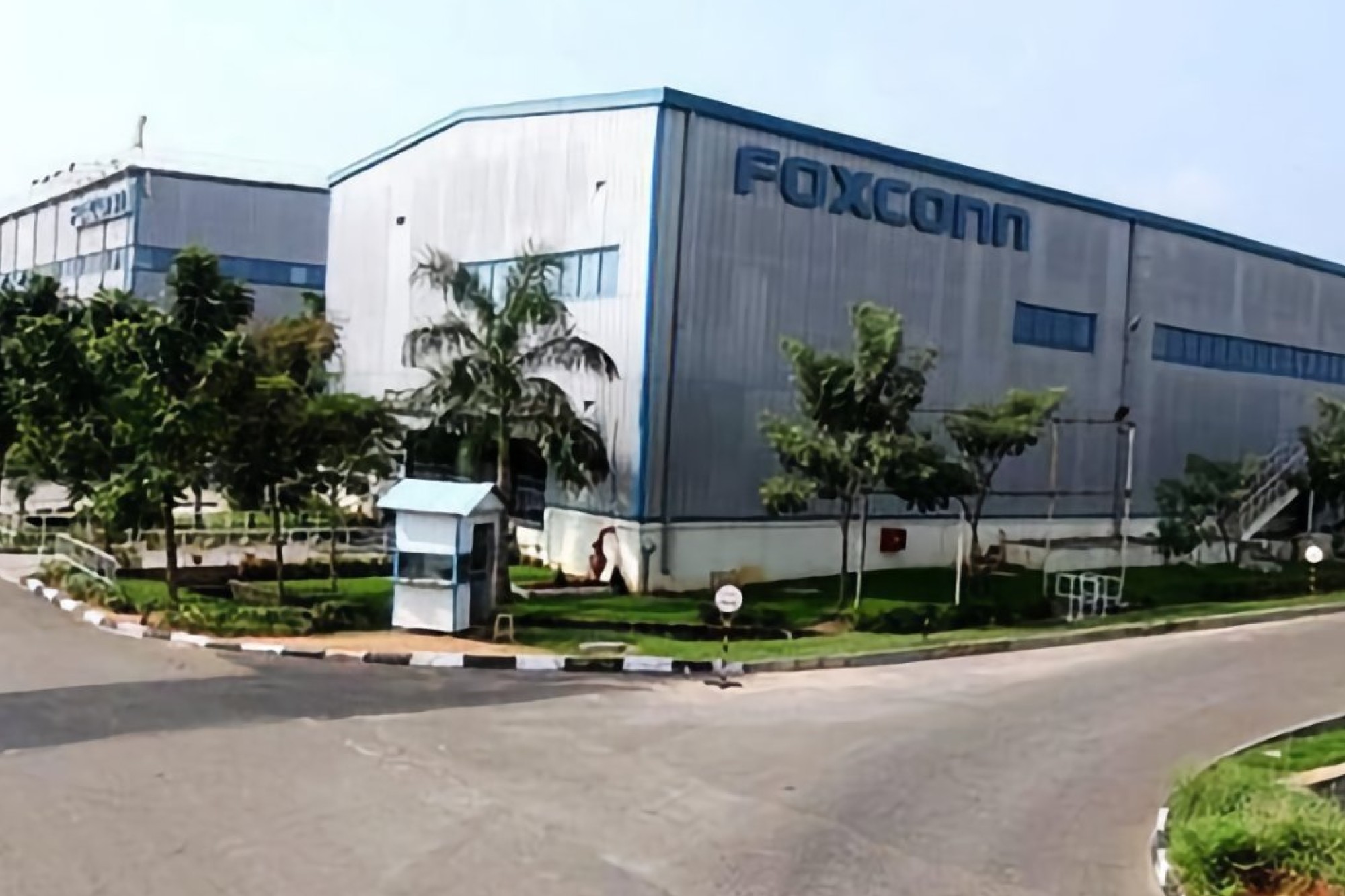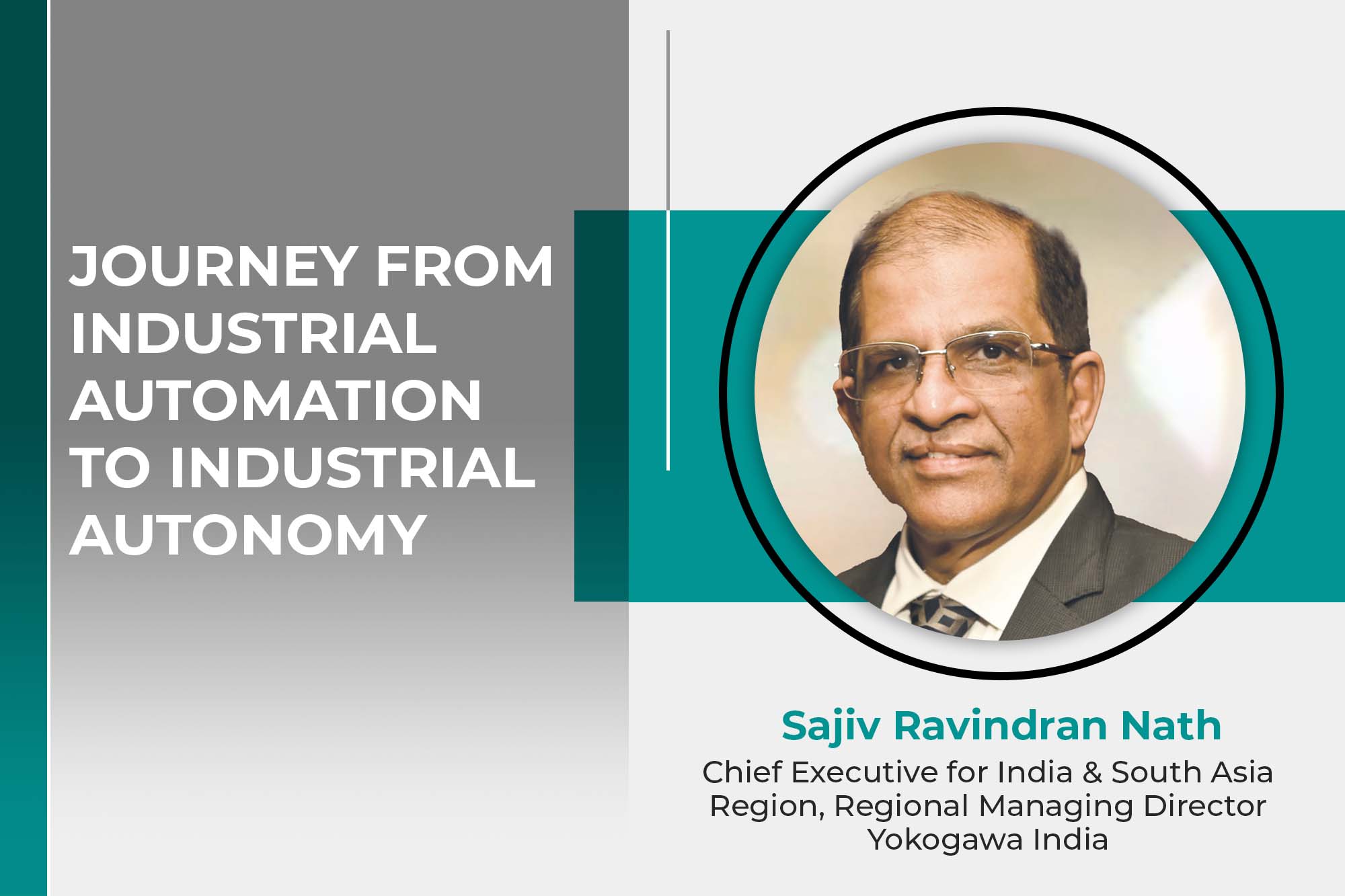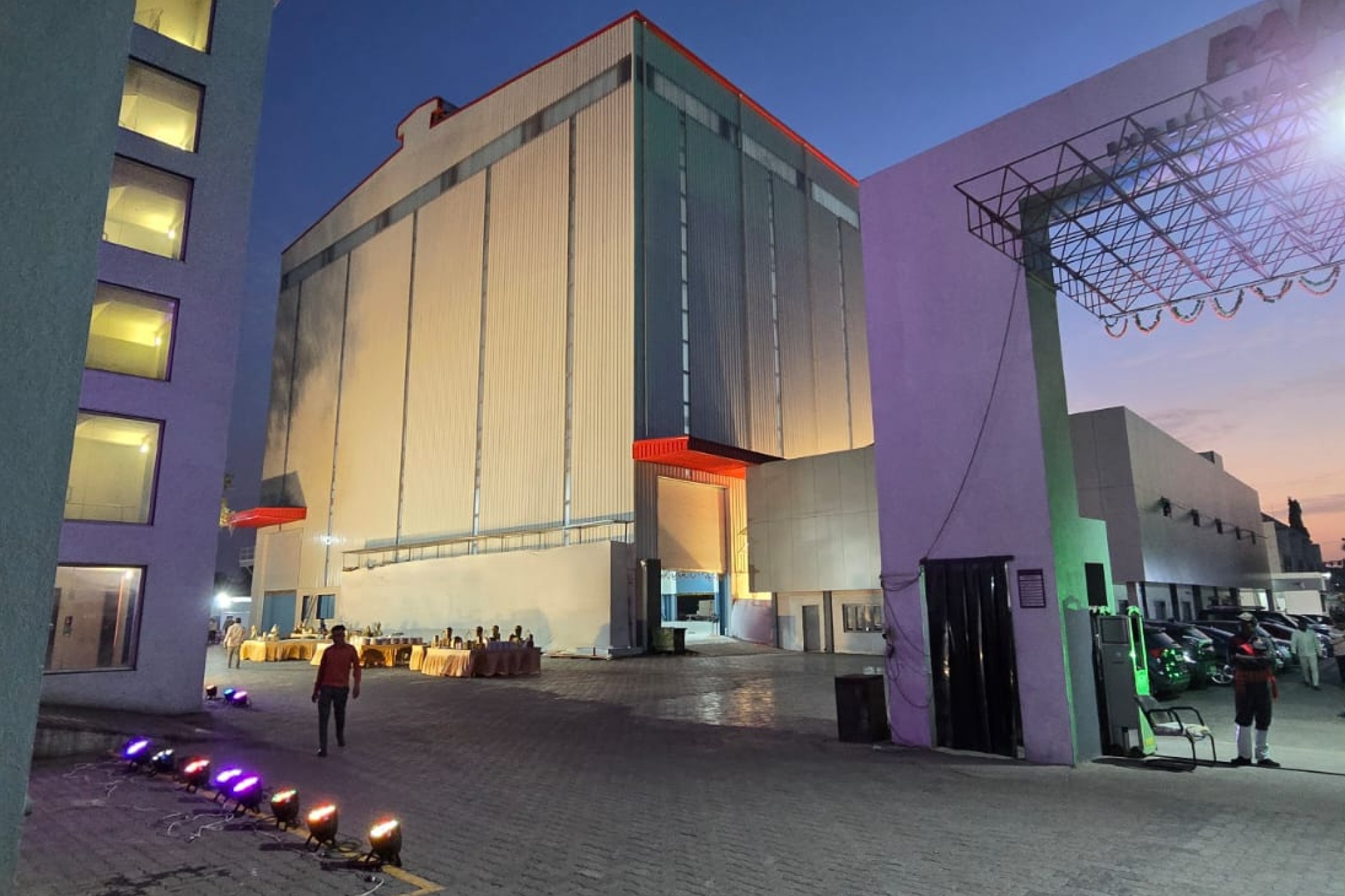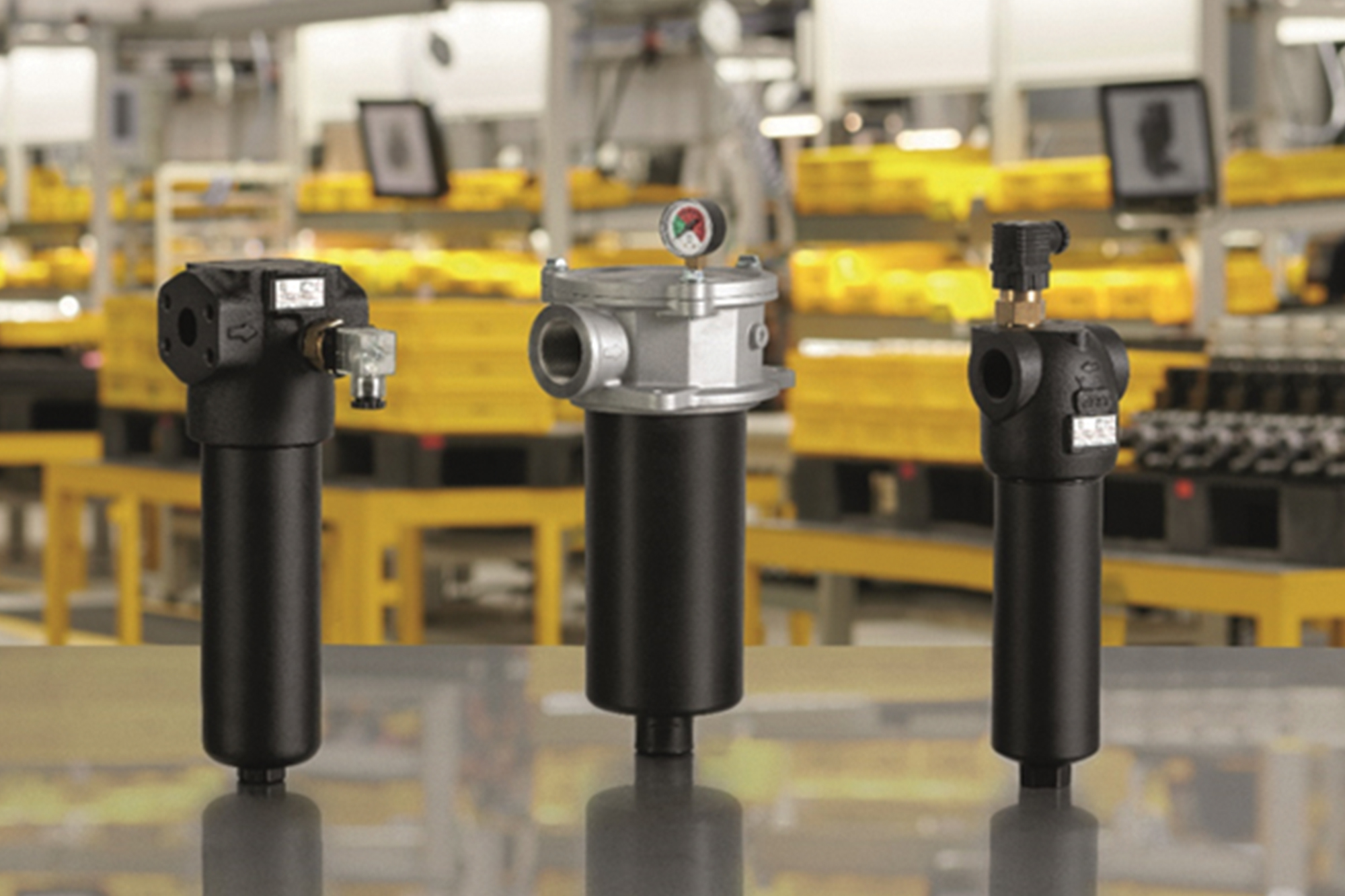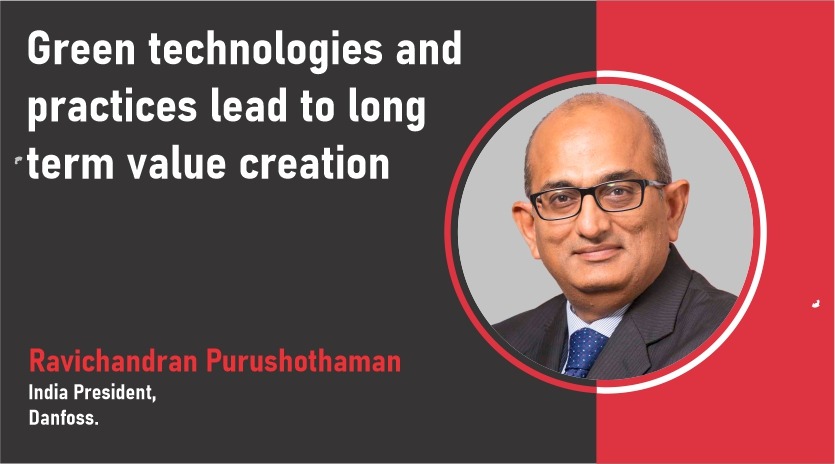India introduces the first biopolymer facility for sustainable innovation and global leadership
By Staff Report October 14, 2024 11:54 am
India has opened its first biopolymer demonstration facility at Jejuri in Pune, demonstrating its commitment to a greener planet and sustainable growth. The facility, built by Praj Industries, focusses on indigenously integrated technology for polylactic acid bioplastic production.
India is making another stride towards becoming a global economic leader and a key player in ensuring a greener and cleaner planet. With the Union Minister of State (Independent Charge) for Science and Technology, Minister of State for Earth Sciences, and MoS PMO, Department of Atomic Energy, Department of Space, Personnel, Public Grievances, and Pensions, Dr. Jitendra Singh inaugurated India’s first demonstration facility for biopolymers at Jejuri in Pune from New Delhi. Praj Industries has constructed the facility.
Dr. Jitendra Singh said, “This ‘first-of-its-kind demonstration facility for biopolymers in India’ is a pioneering effort in developing indigenously integrated technology for the production of polylactic acid (PLA) bioplastic. This marks a pivotal development for India’s commitment to sustainable solutions. This demonstrates India’s resolve to transition from fossil-based plastics to eco-friendly alternatives, crucial for addressing the global plastic pollution crisis. India has emerged as a highly alluring destination on a global scale, propelled by Prime Minister Shri Narendra Modi’s visionary endeavour to establish the country as Atmanirbhar. Our bioeconomy has grown more than $150 billion in 2023 and is expected to achieve $300 billion by 2030.”
The emphasis on Green Growth in the Union Budget (2023-2024); Prime Minister Shri Narendra Modi’s vision to make India a ‘Net Zero’ carbon economy and ‘Lifestyle for the Environment (LiFE)’ launched by the PM in October 2022. This will also enable dual goals of ‘Atmanirbhar Bharat’ and ‘Make-in India’ with a foundational focus on biosafety, ethics and inclusive growth. He emphasised that the Union has approved the BioE3 (Biotechnology for Economy, Environment and Employment) Policy of DBT. The BioE3 Policy is an important step forward towards sustainable growth in the backdrop of climate change, depleting non-renewable resources and unsustainable waste generation.Dr. Jitendra Singh further said, “India now ranks 12th in the world in biotech and 3rd in Asia-Pacific. We are the largest vaccine manufacturer and the 3rd largest startup ecosystem, adding that the biotech ecosystem in the country is emerging at a rapid pace with the setting up of 95 bioincubators and increasing numbers of biotech startups. The biotech startups have experienced remarkable growth, increasing from just about 50 in 2014 to over 8,500 in 2023. The rise of biotech startups is pivotal for our future economy. These efforts place India at the forefront of the global bioplastics movement, showing the world how biotechnology can contribute to a cleaner, more sustainable future.”
Speaking about the partnerships between industry, academia, and government, he said they are crucial for translating innovative ideas into real-world solutions and fostering innovation through research and development. This facility symbolises a new chapter for India’s bioeconomy. It showcases our ability to lead in technological innovation and offers a sustainable pathway to reducing environmental impact. He concluded by saying, “It is time for broader synergy among all professions to achieve the “Amrit Kaal” goals over the next 25 years for advancements in the biotechnology sector, which underscores India’s potential as a global player in the field.
Cookie Consent
We use cookies to personalize your experience. By continuing to visit this website you agree to our Terms & Conditions, Privacy Policy and Cookie Policy.




